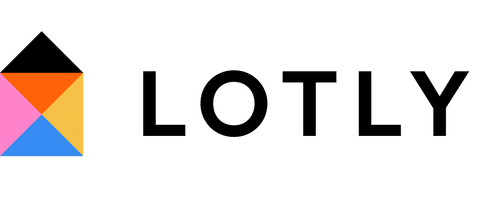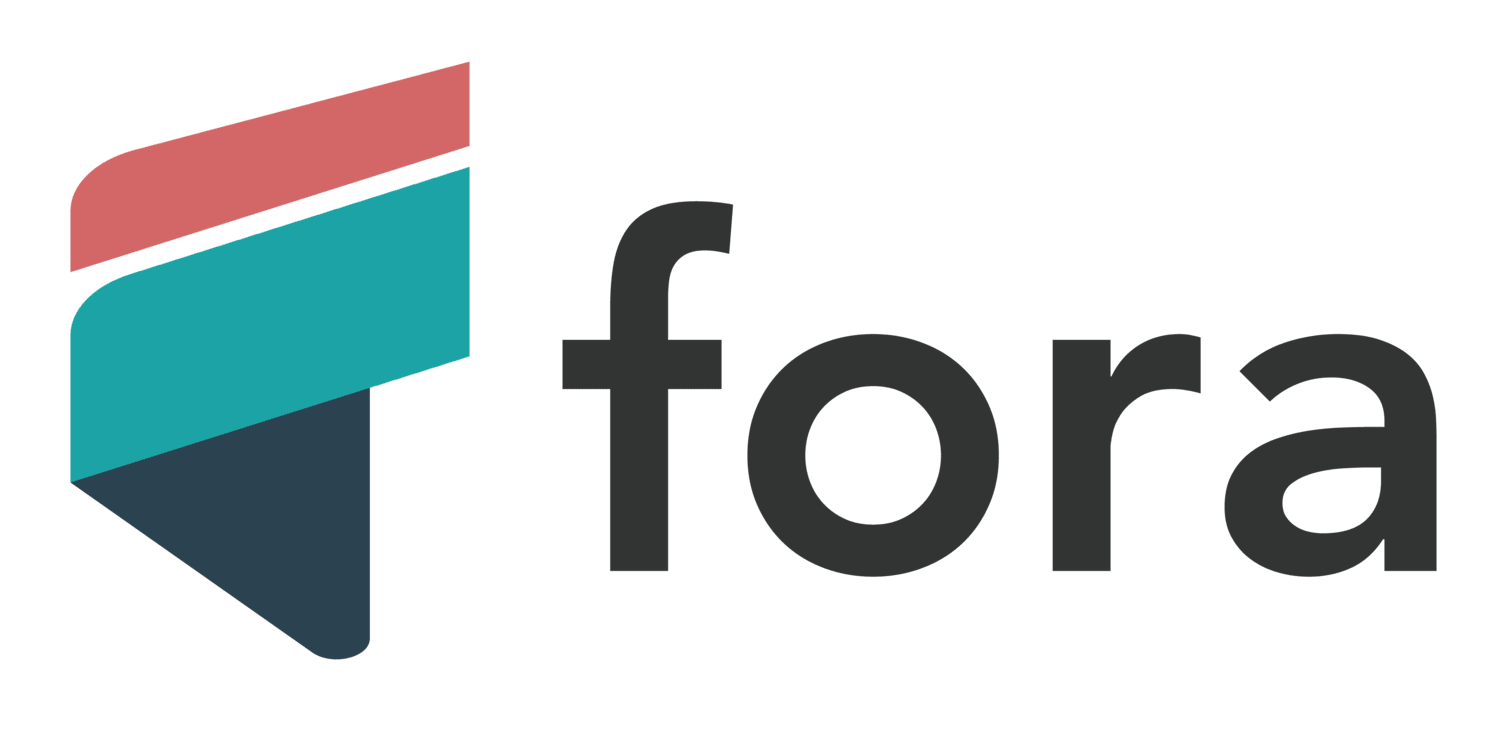Compare Lenders
Discover Popular Financial Services
What is Debt Consolidation
Debt consolidation is a financial strategy that involves combining multiple debts into one loan with one monthly payment, often at a lower interest rate. This can simplify your finances, reduce financial stress and save you money on interest costs. Debt consolidation loans can be used to consolidate credit card debt, outstanding debts and other high interest loans. By consolidating debt you can make one payment instead of multiple payments, making it easier to manage your finances and become debt free sooner. This not only simplifies your financial obligations but also helps you save money by potentially getting a lower interest rate, reducing the overall interest costs on your debts.
Debt consolidation loans explained
In today’s world there are many types of debt available to the average person. These debts can range from short term credit cards, to medium term personal loans such as car loans, or even long term obligations like mortgages on residential properties. Given this array of debt that one can borrow, it can get overwhelming to track and monitor the monthly payments, interest rates and payment schedule for each debt component. Adding to this is the fact that different debts have different interest costs and making multiple payments can lead to higher overall costs. It’s common to find oneself needing to consolidate debt just to keep track of everything. This is where an unsecured loan known as a debt consolidation loan comes in. One of the most popular options for Canadians looking to reduce their payments, lower their interest rate and decrease the number of creditors they owe money to is a debt consolidation loan. The amount you borrow for consolidation will impact your payments and the overall consolidation process. This borrowing solution allows you to consolidate your debt into one monthly payment and potentially save money by having lower monthly payments and possibly a lower interest rate than other debts. Plus it can be a form of debt relief, helping you manage your credit cards and other debts better and potentially pay off the debt faster. While it’s not the same as debt settlement which involves negotiating a lower balance on your debt, a debt consolidation loan simplifies your financial management and provides a more predictable payment schedule. This has helped many Canadians get back in control of their finances.
What is a debt consolidation loan?
In a nutshell, a debt consolidation loan is when a customer takes out one large loan to pay off multiple small debts at once. These loans are offered by financial institutions as personal loans that cover all outstanding debts of a person. Once the borrower uses the funds to pay off their creditors, they then pay back the financial institution in periodic principal and interest payments just like a regular loan. By consolidating multiple debts into one loan payment, borrowers can simplify debt management, making it easier and more efficient to manage their financial obligations. In essence the smaller debt components get added up into one large debt piece that is typically offered at a lower interest rate, so it’s both financial and efficient. To learn about other loan types visit our guide on Loans in Canada Explained.
Who can qualify for debt consolidation?
Remember there are two types of debt consolidation loans: secured and unsecured. Secured loans require the borrower who may be struggling with debt problems to put up some personal asset as collateral, which can be claimed by the lender in the event of default. This collateral could even include a home equity loan. Unsecured loans on the other hand are not secured on any personal asset, meaning higher risk for the financial institution. This higher risk translates to higher interest rates which may not be good for those looking to consolidate their debts for lower monthly payments.If you’re juggling credit card bills and finding it hard to meet the minimum payment on each card, a debt consolidation loan might be an option. Instead of multiple payments with different interest rates, you’d have one payment schedule to follow, potentially with a lower interest rate, making it easier to manage and possibly save money. However, while these loans can be a useful tool to manage and consolidate your debt, they are not a magic pill for financial mismanagement. Borrowing money should be a tool to help manage finances, not an excuse to incur more debt. So when lenders evaluate potential borrowers who are looking to take out a debt consolidation loan, there are four main criteria they would use to make their decision: proof of income, credit history, financial stability and any assets or equity. They may also consider whether a balance transfer, another way to consolidate credit card debt, might be a better solution for your current situation. Remember, the goal is to lower your monthly payments and simplify your financial management, not to compound your debt problems. The consolidation process can result in new monthly payments that are easier to manage, helping you stay on top of your finances.
- Proof of Income
Whether the loan is secured or unsecured, this is the key metric used to determine the borrower’s ability to regularly meet interest and principal repayments as they come.
- Financial Stability
A secondary but equally important consideration is the borrower’s current financial stability. If the borrower can show predictable expense patterns and/or additional sources of income, they are more likely to be approved for the debt consolidation loan.
- Credit History
As with any other personal loan, a higher credit score offers the benefits of more attractive pricing terms to the borrower as the lender has greater confidence in repayment based on historical precedent.
- Equity
Though most debt consolidations are done on an unsecured basis, offering equity collateral can significantly increase the borrower’s chances of approval and getting a lower rate of interest on the debt consolidation loan. This has its own risks as explained later in this article.
What types of debt can be consolidated?
In terms of what type of debt can be classified as eligible to be consolidated, there are certain parameters set out that vary by financial institution. As a general rule of thumb, the following types of credit are generally able to be merged together as part of the debt consolidation loan: Credit Card DebtIn Canada alone, there are 3 billion credit card transactions made every year. An Equifax report stated that these originated from 31 million individual accounts, of which 30% didn’t pay back the credit card balance at the end of each month. Annually, this is approximately $7 billion just in interest for late payments. Public Utility Debt Public utilities include water (hydro), electricity, natural gas, telephone services and other essentials provided by a specialist provider. Typically, these companies charge the consumer at the end of each month with payments due within 2 weeks. The debt from these can be bundled into a debt consolidation loan. Other Consumer Loans Broadly speaking, consumer loans are debts taken out for a multitude of purposes including auto loans, student loans, and other personal loans. Consolidating these types of debt can help individuals pay off debt more efficiently by creating manageable payment schedules and potentially reducing interest rates.
Types of Loans for Debt Consolidation
There are several types of loans that can be used for debt consolidation, including personal loans, lines of credit, and mortgage loans. Personal loans are a popular option for debt consolidation, as they often have lower interest rates than credit cards and can be used to consolidate multiple debts. Lines of credit are another option, allowing you to borrow money up to a certain credit limit and make monthly payments. Mortgage loans can also be used for debt consolidation, especially for homeowners who have built up equity in their homes. It’s essential to compare interest rates and terms before choosing a loan for debt consolidation to ensure you get the best deal for your financial situation.
Mathematically Sound:
There are several advantages to getting a debt consolidation loan. However, most borrowers who consolidate their debt are primarily looking to lower their monthly interest payments. To do this, they rely on the simple fact that debt from credit cards and other consumer loans as mentioned above typically has a higher interest rate attached to it. For example, credit cards charge 8-12% on the low end and 23% on the upper end for payments that are made past the due date. This means that if the borrower can get the debt consolidation loan at a reasonable rate from retail banks, he/she can save up to 5% or more on each payment. Taking advantage of a promotional period with lower interest rates can further reduce interest payments. Borrowers should aim to pay off the balance before the promotional period ends to maximize savings and avoid losing the promotional rate.In other words, on every $1000 of debt owed, the borrower is now saving $50 in interest – and the principal is still the same!
Debt Consolidation Loan Advantages:
Compared to other forms of debt reduction, debt consolidation loans have: Consolidate debt into one payment and potentially lower interest rates.
Credit Score
With a debt consolidation loan, the credit score remains intact as the principal is still being paid back in full to all creditors. In fact, with a disciplined repayment process, the credit score may even improve.
Simplify Your Life
All payments are bundled into one payment to one lender so you don’t miss or forget any payments.
Term Extension
Credit cards, utility bills, student loans and other short-term debt have short payment terms. Loans from financial institutions are longer, so with lower interest payments, the total monthly payment is much lower.
Creditor Pressure
Since all creditors are paid out immediately after the personal loan is issued, there’s no additional pressure to pay back on accelerated timelines.
Considerations:
Debt consolidation loans (usually a personal loan) have benefits but remember: Asset Risk Secured loans require collateral; miss minimum payments and the lender can repossess your asset, a harsher consequence than late fees with credit card or utility companies. Curb Overspending Debt consolidation may give you a false sense of financial relief and lead to further credit card use and back to the original debt situation. Same Principal The principal amount doesn’t change after consolidation; only the interest rate might decrease. Strive for debt relief and lower interest rate but the ultimate goal is to be debt free.
Debt Consolidation Provider
Choosing a debt consolidation provider can be daunting but it’s essential to pick a reputable and trustworthy lender. Start by researching and comparing different lenders, considering interest rates, fees and repayment terms. Credit unions, banks and online lenders are popular options for debt consolidation loans. Also read reviews and check the lender’s reputation before making a decision. A good debt consolidation provider will offer competitive interest rates, flexible repayment terms and excellent customer service so you can manage your debt effectively and achieve your financial goals.
How to Apply for a Debt Consolidation Loan in Canada
Applying for a debt consolidation loan in Canada involves a thorough review of your finances. This how to guide provides a step by step and easy to follow process to help Canadians manage their debt better. Assess Your Situation Start by reviewing your current debt payments, credit card debt, payday loans and any other outstanding debt. Document your multiple debts, the corresponding interest rates and your monthly payments. This will help you understand your average interest rate and the total loan balances you owe. Review Your Credit Report Check your credit report for any errors and to understand your credit limit. Your credit score can impact the interest rate on your debt consolidation loan. If you have a high credit score, you’ll likely get a lower interest rate and pay off your debt faster. Choose the Right Loan Decide between an unsecured personal loan or a secured loan, such as a home equity loan or a line of credit. Your choice will depend on your situation, the amount of debt and if you have assets to secure against the loan. Consolidate Your Debts Once approved, you can use the loan to consolidate credit card debt and other high interest debts into one payment. Instead of juggling multiple bills each month, you’ll make one monthly payment towards the loan. Apply for the Loan Fill out the loan application, make sure to provide all required details. Some lenders may require proof of income or other documents. Be accurate and honest in your application. Manage Your Monthly Payment A big benefit of a debt consolidation loan is the lower monthly payment compared to the combined monthly payments of your previous debts. This will free up cash flow and make budgeting easier. Strategize Your Repayment PlanNow that you have a clear picture of your monthly payment, you can strategize to pay down your debt faster. Making extra payments or paying more than the minimum can help you pay off your debt sooner. Debt consolidation loans can be a useful tool to manage multiple debts especially if you have high interest credit card debt or payday loans. By combining multiple debts into one monthly payment, you can simplify your finances, potentially get a lower interest rate and pave the way to becoming debt free. But remember this is not a one size fits all solution and what works for you will depend on your individual financial situation.
Debt Restructuring vs Debt Consolidation
Debt restructuring involves renegotiating existing contracts, chosen by those who are struggling to pay debt. It can negatively impact your credit score for up to 3 years. Conversely debt consolidation involves drafting a new loan contract to pay off previous debts. It’s good even for those not in financial distress and timely payments do not impact your credit score.
Tips for Managing Your Loan Post-Consolidation
Securing a debt consolidation loan is just the beginning of your journey to financial health. It’s essential to manage your new loan effectively so you stay on track and don’t fall into more debt. Having a set date for loan repayment can provide financial stability by giving you a sense of when your debt will be fully paid. Here are some tips for managing your loan post-consolidation:
- Stick to Your Monthly Payment: Whether you consolidated with a personal loan, credit card balance transfer or line of credit, make your monthly payment on time. Regular payments will prevent additional interest charges and improve your credit score.
- Take Advantage of Lower Interest Rates: One of the benefits of debt consolidation is the potential for lower interest rates. This will save you money in the long run. Make sure you understand the average interest rate on your new loan compared to your old debts and credit cards.
- Don’t Accumulate More Debt: Consolidating debt doesn’t mean your debt problems are solved. It’s a tool to manage all your debts better. So resist the temptation to borrow more or fall back into using multiple credit cards.* Use Home Equity Wisely: If you used a home equity line of credit to consolidate debt, remember your home is now tied to this debt. Learn how an equity line can be a tool for debt consolidation but also the risks involved.
- Consider the Loan Term: A longer loan term might mean smaller installment payments but it could also mean you’ll pay more in interest over time. Understand how the loan term affects your interest costs.
- Explore Debt Consolidation Options: Understand how debt consolidation works and compare it to other options like debt settlement or store financing. For instance a credit union might offer secured loans at a lower interest rate.
- Keep Good Credit Habits: It’s important to continue using credit responsibly. This means not maxing out your credit card, making more than the minimum payment when possible and keeping an eye on your credit.
- Monitor Your Cash Flow: Keep an eye on your cash flow to ensure you have more money coming in than going out. This will help you pay down your debt faster.
- Be Aware of the Impact on Your Credit: Consolidating debt can impact your credit scores initially especially if you apply for multiple new lines of credit. But if managed well consolidation can improve your credit over time.
Remember the goal of consolidating your debts into one loan is to make your financial situation more manageable and pay off your debt faster. It’s not an invitation to accumulate more debt but a tool to guide you towards a financially stable future.
Financial Health
Improving financial health is a big part of debt consolidation. Start by creating a budget, tracking your expenses and making regular payments. Building an emergency fund is also essential to avoid going further into debt due to unexpected expenses. By consolidating debt and making timely payments you can improve your credit score and reduce your debt to income ratio. Avoiding new credit inquiries and keeping your credit utilization low will also help maintain a healthy credit score. A debt consolidation calculator can be a useful tool to determine the best course of action and create a personalized plan to manage your debt and improve your financial health.
Debt Pitfalls
Debt pitfalls to avoid is key to financial stability. Be wary of high interest rates, hidden fees and predatory lending. Read the fine print and understand the terms and conditions of any loan or credit agreement. Missing payments or making late payments will negatively impact your credit score and incur additional fees. Don’t borrow more than you can repay and prioritize debt repayment over new purchases. By being mindful of these pitfalls you can avoid common mistakes and achieve your financial goals and a stable financial future.
Debt Consolidation Loans FAQs
Can I get a debt consolidation loan with bad credit?
You can get a debt consolidation loan with bad credit but it might mean higher interest rates and some digging. To improve your chances and get lower monthly payments consider consolidating your credit card debt and settling smaller debts. Lenders look at not just credit scores but also your debt to income ratio. By consolidating your debts efficiently you can get a personal loan to pay off your debt faster even with bad credit.
Are there any disadvantages to consolidating your debt?
Debt consolidation loans are often personal loans and unsecured. However some lenders may require collateral – ensure you understand the loan terms especially if your assets are at stake. The downside is that these loans can extend your repayment period and keep you in debt longer. Lower interest rates are not guaranteed and consolidating credit card debts with a higher interest loan can cost more. So review your loan terms carefully before finalizing your decision to consolidate debt.
Secured vs unsecured debt consolidation loans
Many people prefer an unsecured debt consolidation loan. That’s because you are not risking any personal assets, such as your home. The main advantage of secured debt consolidation loans is that you will get better interest rates. This is because you are using personal assets as collateral on the loan. The reduced risk for the lender will make them more willing to charge you less.
Explore more
Why Choose Smarter Loans?

Access to Over 50 Lenders in One Place

Transparency in Rates & Terms

100% Free to Use

Apply Once & Get Multiple Offers

Save Time & Money

Expert Tips and Advice


























